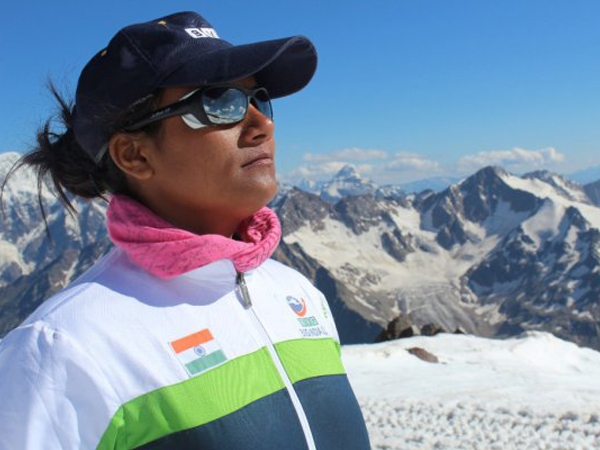This may come as a shocker to many of us. Obviously, there’s a general perception that once Indian women shift overseas to the developed world of the US and Europe, life improves significantly, including societal restrictions. Once there, living life on one’s own terms seems to be the normal thing to do there. It is the case for many. But just like the extreme discrepancies in India, the NRIs too have their own share of families which practice forced marriages, restriction of movement of women and worst of all, even honor killings. No kidding there!
Jasvinder Sanghera, a British national of Indian origin has experienced some of it herself and seen much more after she started her charity organisation, Karma Nirvana.
“It’s something I know first hand. I’m a survivor – having fled a forced marriage I was promised into at the age of eight,” she wrote in The Telegraph. “From the ages of 11 to 16, I was worn down and made to believe this was part of our ‘tradition’. When I finally left home aged 16, to make the point that I wouldn’t marry a strange man, my parents reported me missing to the police.”
“The police called home to inform my family that I was safe and well. My mother answered the phone and was clear that if I did not return home then I was dead in their eyes, that I was akin to a prostitute and had dishonoured the family. My choice was simple: go home and give in, or be disowned.”
It was a big decision for a 16-year-old to make, having to abandon everything familiar that she knew. But Jasvinder did it. She chose not to go back and has been disowned ever since. And it took a few years for Jasvinder to come out of the blue haze, which her abandonment left her with. “It was only when I finally owned that I was the victim and challenged my energy into breaking my silences and no longer putting my life on hold for them that I was able to emerge as a survivor,” she reminisced.
Jasvinder came out of it, but she watched with a pang as other women of her age from her community were taken out of British classrooms with ‘long absences that today are still rarely questioned, and wedded to men they had only ever seen in photographs.’
But a bigger sorrow for her was watching her sister slide into the same painful oblivion that Jasvinder struggled to come out of.
“My dear sister Robina suffered a horrific marriage, but her cries for help would repeatedly fall on deaf ears as members of my family and community encouraged mediation and reconciliation that sent her back into the arms of an abuser. Victims are encouraged to go back, regardless of how horrific the violence may be. In the end, my sister sadly took her own life – setting herself on fire, in an act deemed ‘more honourable’.”
It was in the memory of Robina that Karma Nirvana was born – to reach out to countless other women suffering from this system of restrictions. And in the years that followed, Jasvinder did see ‘countless’ such cases. Just like in India, these British-born Indian women too are conditioned at an early age on what is ‘dishonour’ to the family, ‘shameless behaviour’ and a woman’s role in the family.
“Although we were born in Britain, our family dynamics operate on an honour system and don’t allow us to embrace all that Britain stands for: freedom, independence and democracy,” writes Jasvinder.
“The concept of integration becomes ‘dirty’ and you are prevented from assimilating into wider British society. Our lives as women are controlled by family members. The local community become their eyes and ears, ready to report back any shameful behaviour.”
The most horrific case of honor killing that Britain ever saw was partly due to the ‘watchfulness’ of the Indian community there. Banaz Mahmod was 20 years old, in 2005, when she was murdered by her family after being seen kissing her secret boyfriend in public. It was deemed shameful and reported to her family by a member of the community.
And in Britain, their problems are compounded by a police force who doesn’t understand how to handle such problems. Not that Indian police are any better, far worse actually. We can’t even say that their intentions are always good either. Looks like the only thing that the UK’s Indian community lacks today is its very own khap panchayats or kangaroo courts.
“Many of the victims I meet understand it to be dishonourable to look at a boy – let alone wear make-up, have a boyfriend, have autonomy over marriage, use social networking, have a mobile phone – or just have aspirations, as a woman, beyond the age of 16,” said Jasvinder.



